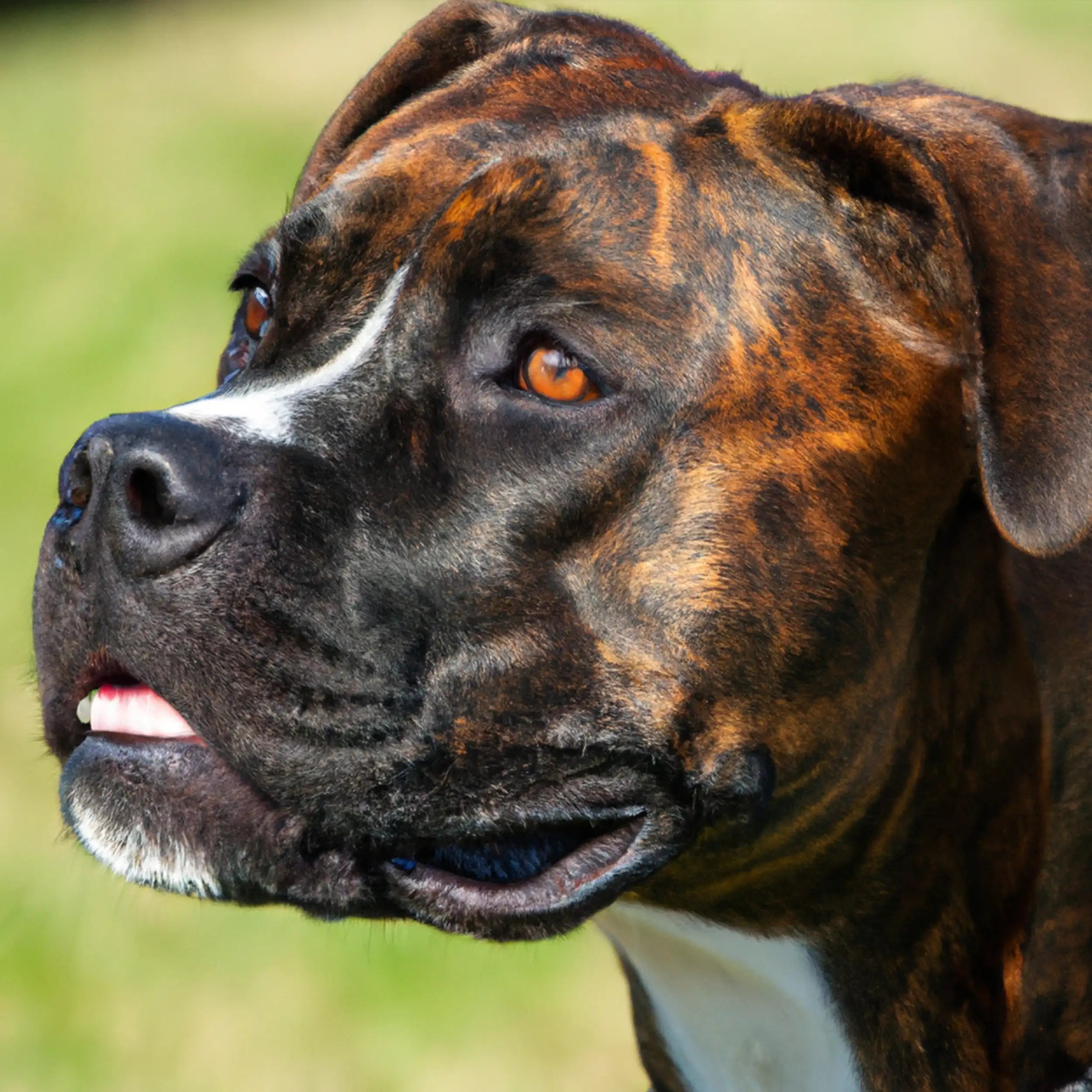
Understanding The Role Of Fat In Your Dog's Diet
Fat is an essential macronutrient that plays a vital role in your dog's diet. Despite its reputation as being unhealthy, fat is necessary for your dog's overall health and well-being. In this blog post, we will explore the role of fat in your dog's diet and why it's important.
What is Fat?

Fat is a nutrient that is essential for your dog's health. It is a source of energy and plays a crucial role in the absorption of certain vitamins and minerals. Fat is made up of fatty acids, which are classified as either saturated or unsaturated.
Saturated fats are typically solid at room temperature and are found in animal-based foods, such as meat and dairy products. Unsaturated fats, on the other hand, are typically liquid at room temperature and are found in plant-based foods, such as nuts and seeds.
The Role of Fat in Your Dog's Diet

Fat plays a crucial role in your dog's diet and is important for a number of reasons:
Energy:
Fat is a dense source of energy, providing your dog with the fuel they need to stay active and healthy.
Healthy Skin and Coat:
Fat is essential for maintaining healthy skin and a shiny coat. It helps to keep your dog's skin moisturized and can prevent dryness and flakiness.
Absorption of Vitamins and Minerals:
Certain vitamins, such as A, D, E, and K, are fat-soluble, meaning that they need to be consumed with fat in order to be properly absorbed by the body.
Brain Function:
Fatty acids, such as omega-3 and omega-6, are important for brain function and can help to improve cognitive function in dogs.
Choosing Fat for Your Dog

When choosing fat for your dog, it's important to choose high-quality sources that are easy to digest and provide the nutrients your dog needs. Animal-based fats, such as chicken fat or fish oil, are excellent sources of healthy fats. Plant-based fats, such as flaxseed oil or coconut oil, can also be beneficial.
It's important to note that too much fat can be harmful to your dog's health. Obesity is a common problem in dogs, and feeding your dog too much fat can contribute to weight gain and other health problems. It's important to work with your veterinarian to determine the appropriate amount of fat for your dog's specific needs.
Conclusion
Fat is a crucial component of your dog's diet and is necessary for their overall health and well-being. By choosing high-quality sources of fat and monitoring your dog's overall health and weight, you can ensure that your dog is getting the nutrition they need to live a happy and healthy life.




Leave a comment
This site is protected by hCaptcha and the hCaptcha Privacy Policy and Terms of Service apply.